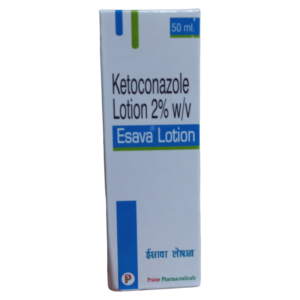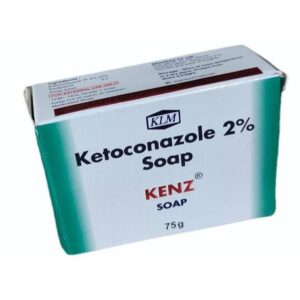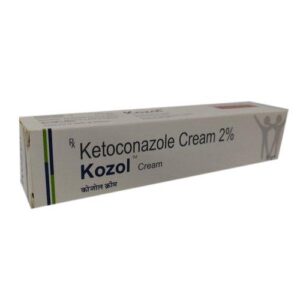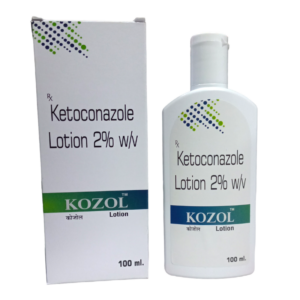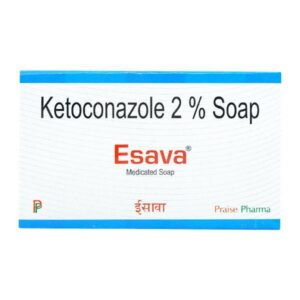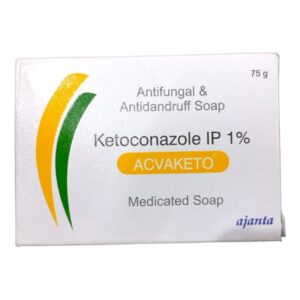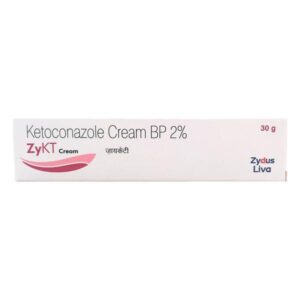KETOCONAZOLE
KETOCONAZOLE: Ketoconazole is an antifungal medication used to treat fungal infections in different parts of the body, including the skin, nails, and internal organs. It belongs to a class of drugs known as azole antifungals.
The primary mechanism of action for ketoconazole is the inhibition of fungal cell membrane synthesis. It does this by blocking the enzyme responsible for converting lanosterol to ergosterol, a key component of the fungal cell membrane. Without ergosterol, the fungal cell membrane becomes weakened, leading to the death of the fungus.
Ketoconazole is available in multiple forms, including oral tablets, cream, shampoo, and foam. The dosage and duration of treatment depend on the type and severity of the infection. It is important to follow the instructions provided by the healthcare professional or the prescription label.
As with any medication, ketoconazole may cause side effects. Common side effects include nausea, vomiting, abdominal pain, dizziness, and headache. Less frequently, it may cause liver test abnormalities and, in rare cases, serious liver damage. Patients should be aware of any signs of liver problems such as dark urine, yellowing of the eyes/skin, or persistent nausea/vomiting, and seek medical attention if these symptoms occur.
Additionally, ketoconazole may interact with other medications, such as certain calcium channel blockers, statins, and benzodiazepines, leading to increased levels of these drugs in the body. It is important to inform the healthcare professional about all medications being taken to avoid potential drug interactions.
Overall, ketoconazole is an effective antifungal medication used to treat various fungal infections. However, it should be used with caution and under the guidance of a healthcare professional to minimize the risk of side effects and drug interactions.


